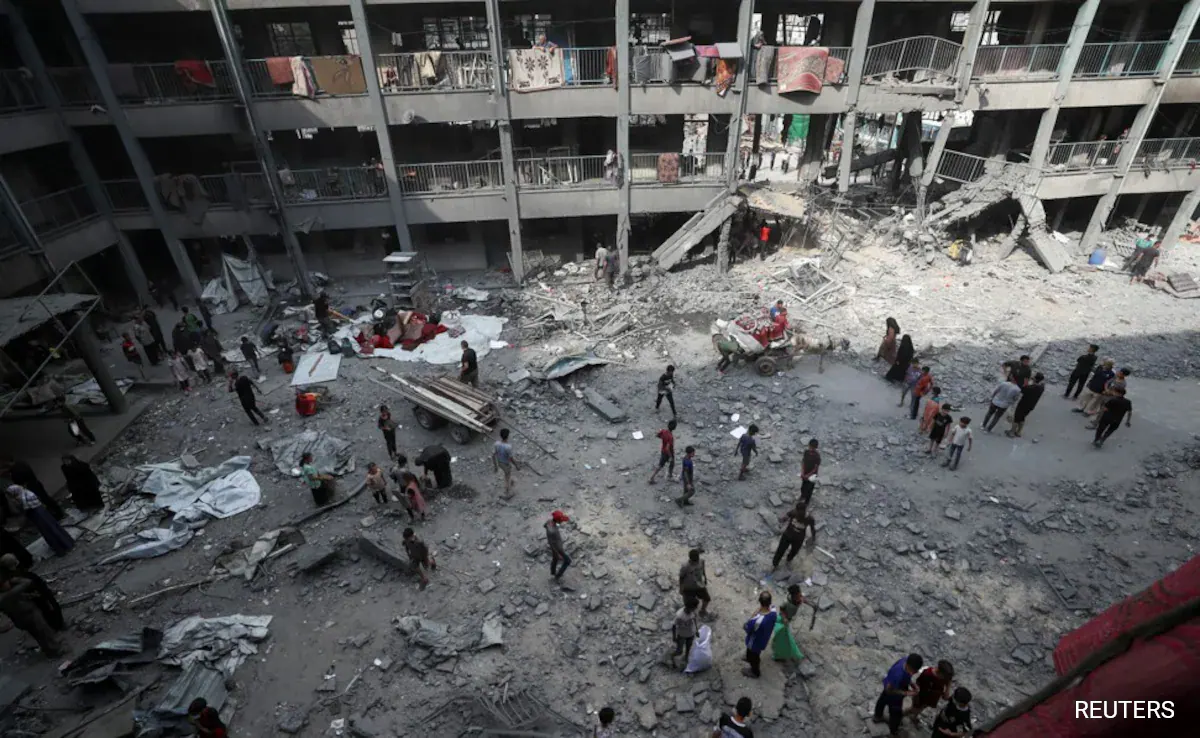In a region grappling with ongoing conflict and humanitarian crises, two distinct yet interconnected events have recently captured international attention: a fragile ceasefire in southern Syria and Gaza's high school students sitting for their final exams amidst immense challenges.
Fragile ceasefire in southern Syria
A United States-brokered ceasefire between Israel and Syria, followed by a comprehensive truce declared by Syrian President Ahmed al-Sharaa, has brought a fragile de-escalation of violence in the southern Syrian province of Suwayda. This region was recently embroiled in deadly sectarian clashes between Druze armed groups, Bedouin tribes, and Syrian government forces, with reports of widespread violence and human rights abuses, according to UN News.
The recent violence, triggered by mutual kidnappings and a robbery, escalated rapidly, drawing in various factions, including the Israeli military, which launched airstrikes in the region. The clashes reportedly resulted in hundreds of deaths, with some estimates reaching over 1,000 casualties, according to The Hindu. The UN Special Envoy for Syria, Geir Pedersen, has warned that the situation remains tense and volatile, despite the ceasefire, and has condemned the violence and foreign intervention, according to UN News.
Adding to the complexity, Syria's interim government, under President Sharaa, is facing an uphill battle to consolidate control following the ouster of Bashar al-Assad in December 2024. The ceasefire's long-term success hinges on addressing sectarian grievances and ensuring accountability for reported atrocities, as called for by the UN and other international actors.
Gaza students sit for exams
Meanwhile, in Gaza, amidst the backdrop of the ongoing conflict and Israeli aggression, Palestinian high school students are sitting for their final exams. This is the first time such exams are being held since the war began in October 2023.
The war has severely impacted Gaza's education system, with over 95% of schools and all universities reportedly destroyed or damaged, leaving more than 660,000 children out of school, according to Al Jazeera. Many students have been displaced, have lost their books, and face the challenges of weak internet connectivity and the lack of a safe space to study or take tests.
In response to the dire situation, Gaza's Ministry of Education has launched an online platform to enable students to take their exams, an initiative described as a "message of hope and resilience". While some students are able to participate from cafes, tents, or shelters, others have been unable to access the exams due to displacement or lack of resources. Some teachers are even reopening damaged classrooms to offer in-person guidance, according to Al Jazeera.
This exam represents a crucial opportunity for many students, providing a pathway to higher education, scholarships, and a future beyond the Israeli blockade. Despite the immense challenges, these students are demonstrating remarkable resilience and a determination to defy their circumstances and pursue a brighter future.
The parallels between these events underscore the ongoing human cost of conflict and the immense challenges faced by civilians caught in the crossfire. Both situations highlight the urgent need for sustained peace, humanitarian assistance, and the protection of fundamental human rights, including the right to education.



 Uncategorized
Uncategorized 21 Jul, 2025
21 Jul, 2025 Layla Roberts
Layla Roberts